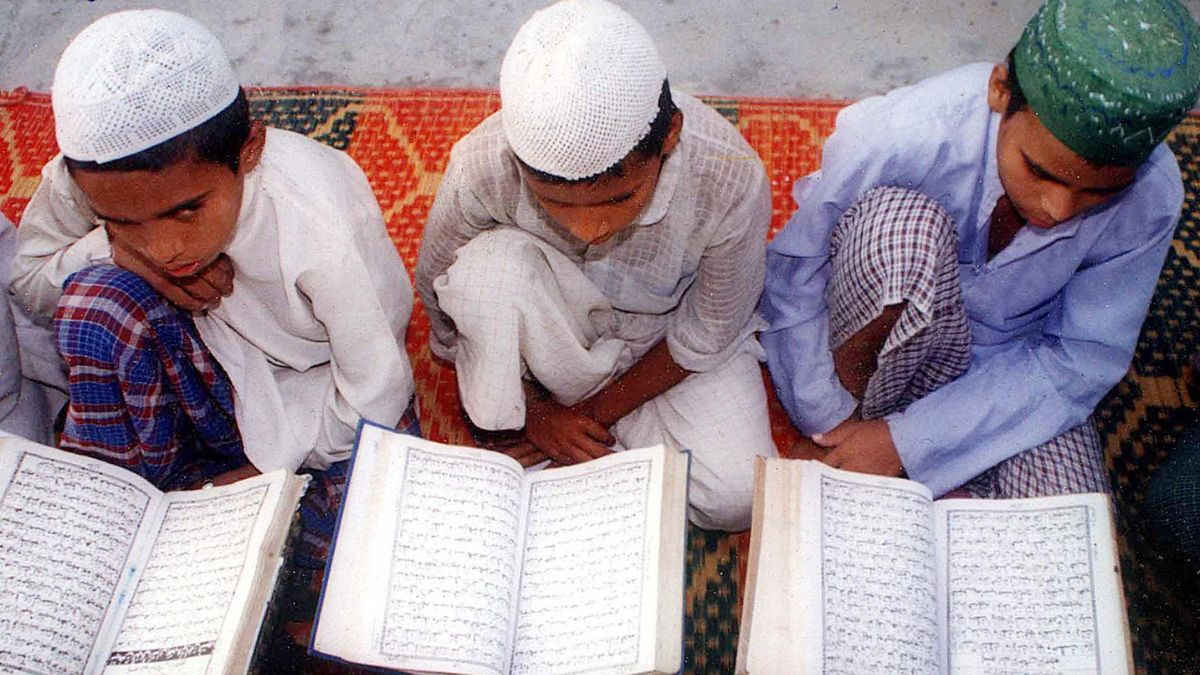) |
|
The Supreme Court of India has delivered a landmark judgment by upholding the constitutionality of the Uttar Pradesh Board of Madarsa Education Act, 2004. This decision overturned the Allahabad High Court's earlier ruling, which had declared the Act unconstitutional. The Supreme Court's verdict has significant implications for madarsa education in Uttar Pradesh and potentially for religious education across India. The Act, initially introduced to regulate and streamline education in madarsas, faced legal challenges on grounds of violating the fundamental rights to equality and free and compulsory education enshrined in the Indian Constitution.
The Allahabad High Court, in its March ruling, had deemed the Act to be violative of the principles of secularism. It argued that the Act mandated the study of Islamic tenets within madarsas, thereby creating a system of education that discriminated against students who did not subscribe to Islamic beliefs. Additionally, the High Court expressed concern about the quality of secular education provided in madarsas, citing a lack of modern subjects and the inability to grant degrees under the existing framework. This decision had prompted calls for the closure of madrasas and the integration of their students into the mainstream education system.
The Supreme Court, however, disagreed with the High Court's interpretation of the Act. It recognized that the Act aimed to improve the quality of education in madarsas by introducing a regulatory framework, which included setting standards, conducting examinations, and awarding degrees. The Court acknowledged the right of religious minorities to establish and administer educational institutions, as guaranteed by Article 30 of the Constitution. Furthermore, the Supreme Court clarified that while religious instruction is allowed in state-recognized educational institutions, no student can be compelled to participate in religious instruction. The Court found that the Act does not violate the principles of secularism as it does not force any student to partake in religious education. The Supreme Court's judgment thus upholds the principle of religious freedom while ensuring the quality of education within madarsas.
While the Supreme Court upheld the validity of the Madarsa Act, it did strike down certain provisions related to higher education degrees like Fazil and Kamil. These provisions were deemed to be in conflict with the University Grants Commission Act, 1956, which grants degree-awarding authority to universities and deemed-to-be universities. This decision may have significant implications for the future of higher education in madarsas, as the Act would need to be revised to comply with the UGC Act. The Supreme Court's verdict on the UP Madarsa Act is likely to have a broader impact on religious education across the country. It is a significant step towards balancing the rights of religious minorities with the principles of secularism and quality education. The verdict is a testament to the Indian judiciary's commitment to uphold the Constitution and ensure the right to education for all citizens.
Source: Supreme Court upholds UP Madarsa Education Act: The case and verdict explained
